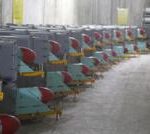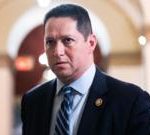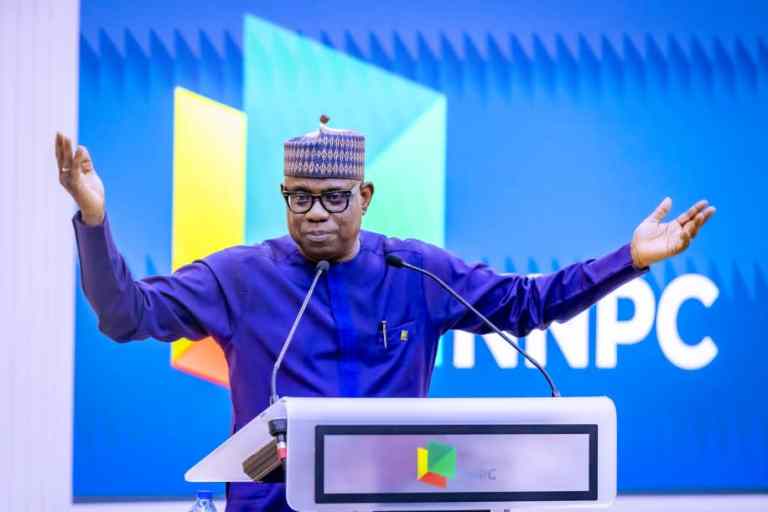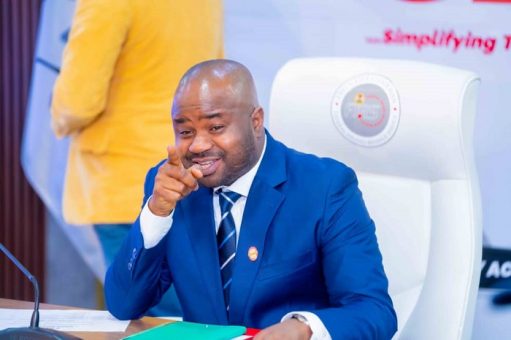Despite recent disruptions, the Nigerian government has restated its commitment to the naira-for-crude deal with Dangote Refinery and other domestic refineries, asserting that the policy remains firmly in place and is not a temporary intervention.
This assurance came from the Technical Sub-Committee on the Crude and Refined Product Sales in Naira Initiative following a stakeholder meeting on Tuesday. The update was shared in a statement posted on the Federal Ministry of Finance’s official X (formerly Twitter) account on Wednesday.
“The initiative is not a temporary or time-bound intervention but a key policy directive designed to support sustainable local refining, bolster energy security, and reduce reliance on foreign exchange in the domestic petroleum market,” the committee stated.
The reaffirmation follows concerns raised after Dangote Refinery reportedly suspended sales of its petroleum products in naira on March 19, citing a stalemate in the implementation of the policy. The move contributed to a spike in petrol prices in the final week of March.
Speaking on the matter, Minister of Finance and Coordinating Minister of the Economy, Mr. Wale Edun, who chairs the Implementation Committee, said:
“This initiative is a strategic decision by the Federal Executive Council to ensure our energy sector becomes more self-reliant and resilient against forex volatility.”
Echoing his stance, Mr. Zacch Adedeji, Executive Chairman of the Federal Inland Revenue Service (FIRS) and Chair of the Technical Sub-Committee, added:
“While there have been challenges, our collective resolve remains unshaken. The government is actively working with all stakeholders to address any issues affecting implementation.”
Other participants at the meeting included senior executives from the Nigerian National Petroleum Company Limited (NNPC), Dangote Refinery, the Central Bank of Nigeria, the Nigerian Upstream Petroleum Regulatory Commission (NUPRC), the Nigerian Ports Authority (NPA), and Afreximbank.
The committee emphasized that implementation challenges, though expected in a policy shift of this scale, are being resolved collaboratively.
“This is a long-term policy anchored on public interest and national economic goals,” said Hauwa Ibrahim, Secretary of the Committee. “We remain committed to ensuring its success.”
With government backing and ongoing stakeholder engagement, the naira-for-crude deal is set to continue as a cornerstone policy in Nigeria’s drive for energy self-sufficiency and economic stability.













